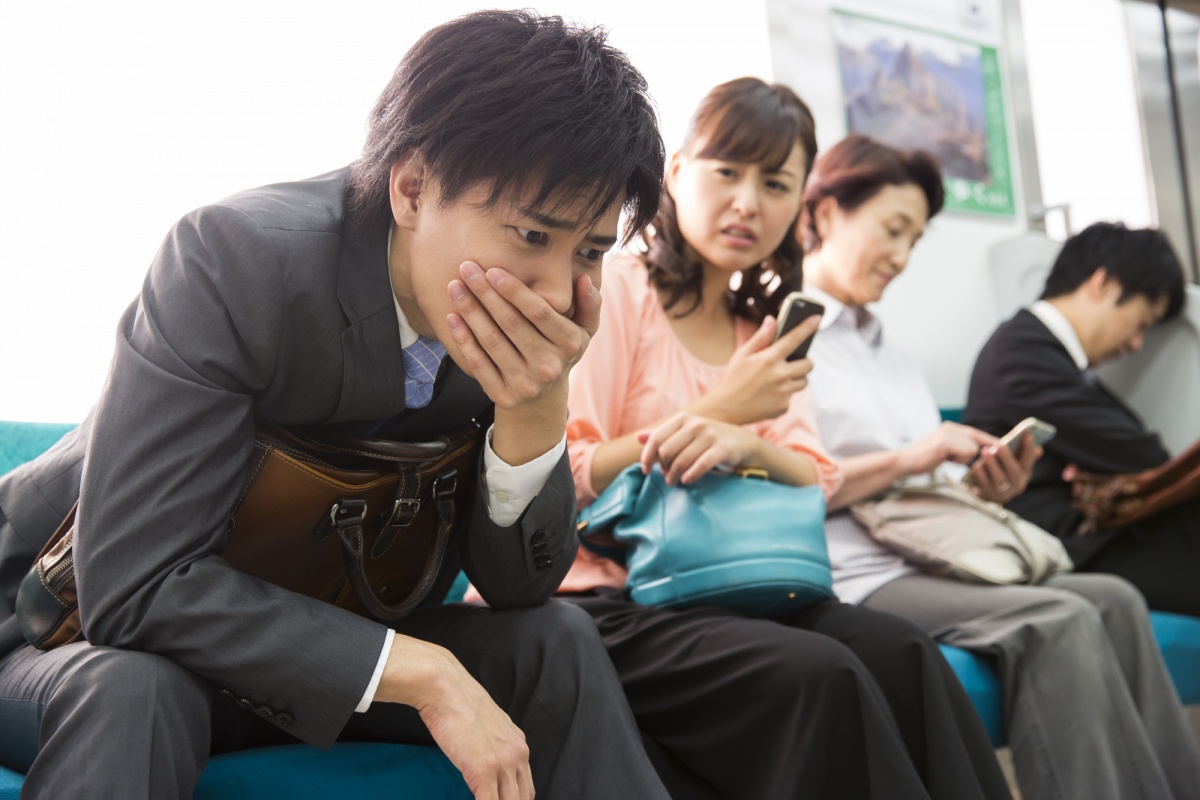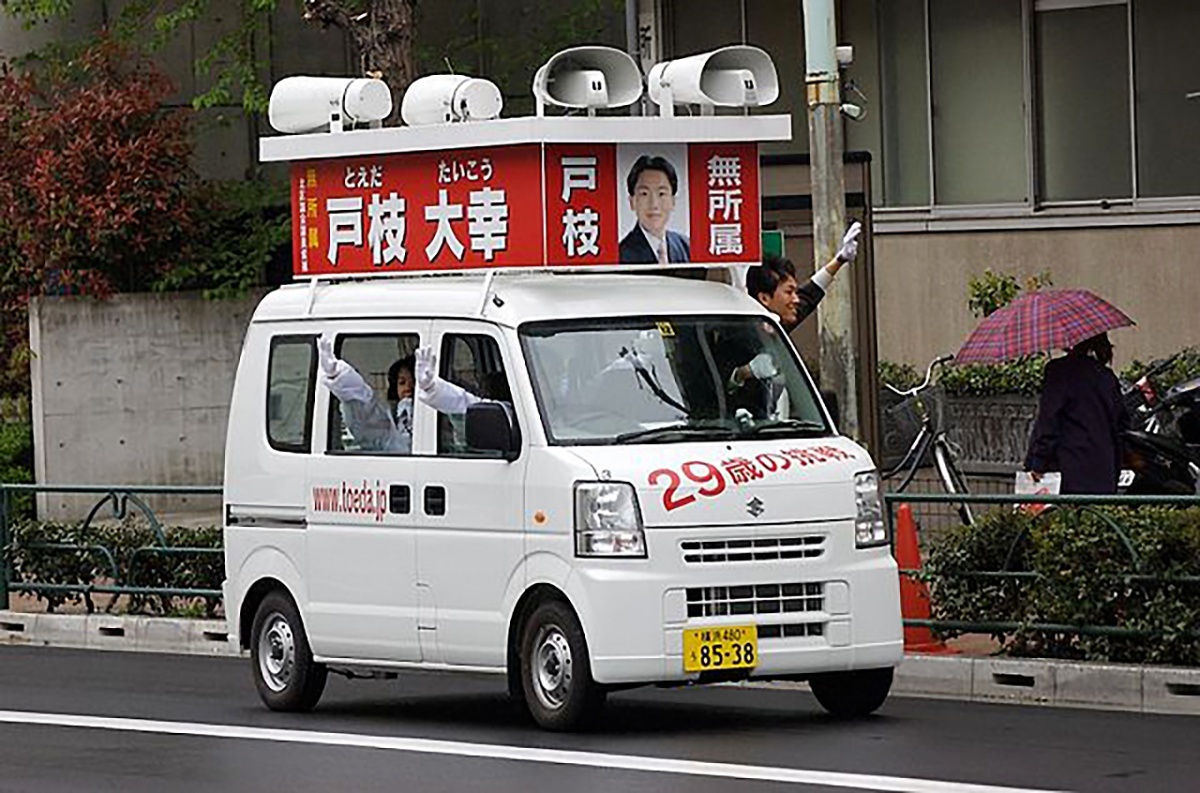The Sound & the (Lack of) Fury of Japan

Japan is considered a peaceful, quiet country—especially by those who don't live here. From shopkeepers loudly yelling irrashaimase (loosely translated: "welcome"), to campaigners seeking office using megaphones, there are many examples of noise, much of which goes largely unnoticed by the locals. We attempt to answer the question: "Why?"
By Dave GutteridgeSmaller Transgressions

During the winter months—on crowded trains, in coffee, shops, anywhere that people gather—you'll hear people sniffling. Of course, people sniffle everywhere in the world, it's a normal human response to a common human circumstance of having a runny nose. But, the sniffling doesn't stop. Some people in Japan will continue to sniffle for more than an hour. Why do they not just blow their nose once and be done with it? Isn't everyone around those sniffling people annoyed? Isn't the person doing the sniffling themselves tired of it?
It's not just sniffling that might catch your attention. Every now and again, you'll hear the piercing squeal of worn breaks scraping against the metal wheel of someone on a bicycle slowing themselves down. This happening all the way down a gentle slope, where every second of a sound not too dissimilar from nails on a chalkboard is one second too many.
A Big Noise

https://upload.wikimedia.org/wikipedia/commons/thumb/5/55/%E6%88%B8%E6%9E%9D_%E5%A4%A7%E5%B9%B8_29%E6%AD%B3%E3%81%AE%E6%8C%91%E6%88%A6_(463965443).jpg/640px-%E6%88%B8%E6%9E%9D_%E5%A4%A7%E5%B9%B8_29%E6%AD%B3%E3%81%AE%E6%8C%91%E6%88%A6_(463965443).jpg
And what about the guys in trucks that slowly make their way through your neighborhood, blaring a repetitive call for you to sell them your old televisions, bicycles or household furniture. They'll take anything, they say, over and over again at concert-level decibels. Why is it okay for them to be screaming their services to an entire neighborhood? Surely if English teachers went around with a megaphone yelling that they offer conversation classes, they'd be stopped by the police.
Or maybe not. Trucks going through busy areas like Shibuya or Shinjuku blast songs from the latest boy band. You'll always know when there's an election going on because of the politicians driving around yelling nothing more than their name.

And it's hard to get mad at the singing yaki imo (baked sweet potato) salesman, because yaki imo on a cold night can be nice, but still...
What's with all the noise?
https://www.youtube.com/watch?v=qx4Pm5L3CiY
It doesn't take long living in Japan, or at least Tokyo, to come to understand that the Japanese have a different relationship to noise. Sounds that seem to be clearly undesirable, like having someone making wet, snorting sounds beside you on a train for your whole commute, don't provoke any (visible) ire among the locals. Sounds that are questionable—like someone screaming at you from the street that they will take an old radio cassette player off your hands when you're relaxing on a Saturday morning—don't even get questioned.
https://www.youtube.com/watch?v=uMRdkKDJQl8
Asking Japanese people about it, it's hard to get any sense of why they seem extra tolerant. It's like asking a fish about the water they live in. Every country has its own sense of a baseline for ambient noise, and the sounds we live with, having been there all our lives, just seem normal.
This is the most fundamental form of cultural difference: when it's not the answers that differ, but the questions. There is no "why" when examining the noises that seem clearly annoying to a lot of foreigners. There is only a choice to put up with it like the locals do.



